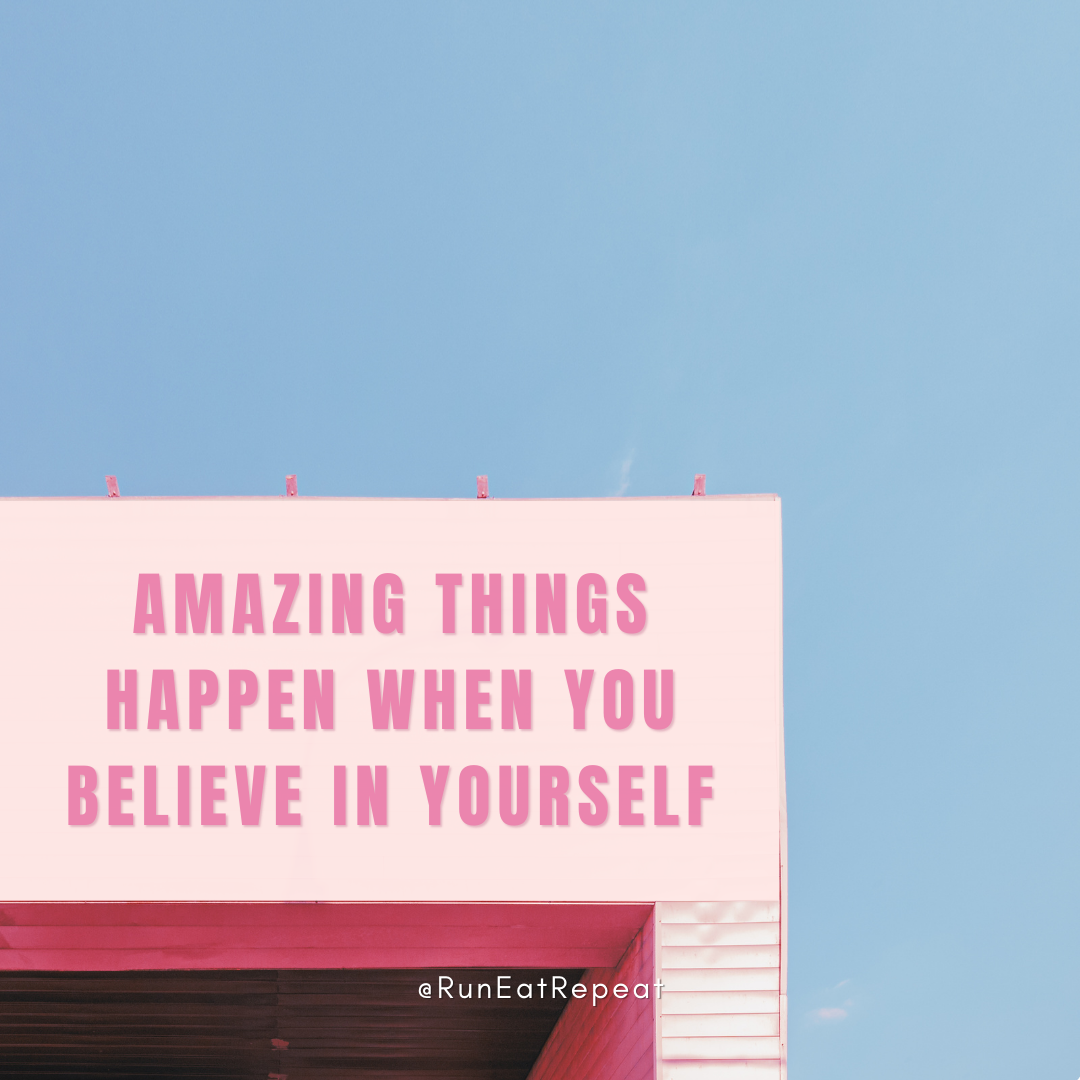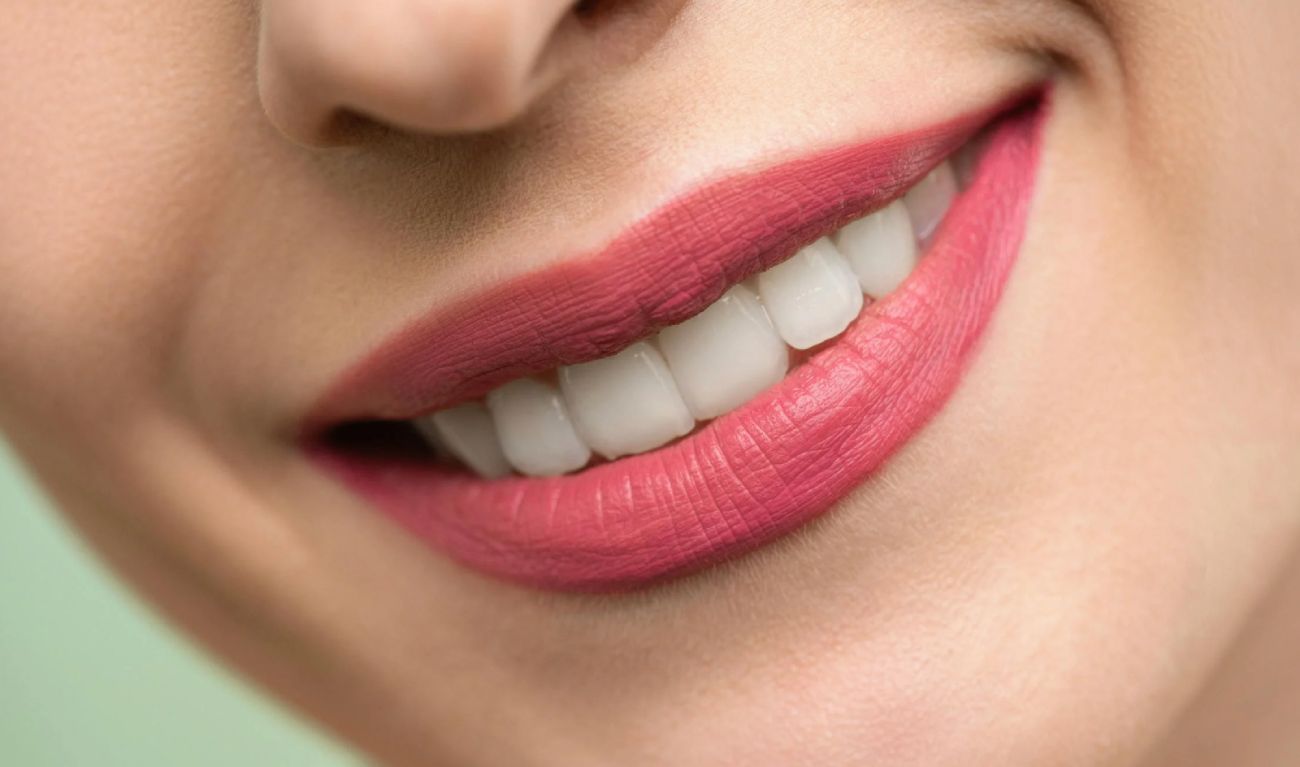When Marz Lovejoy began bicycling in 2010, she did not plan to fall in love with the sport the way she did. Growing up around skateboarders in Los Angeles, Lovejoy didn’t feel connected to skating because of how rarely she saw other Black women and girls on boards. Rather, to get around the city, she’d drive. But when she came across a “really cute pink bike” while she also happened to be missing spending time outside, she decided it was the perfect vehicle to scratch that itch while hanging with friends who skated.
Lovejoy’s affection toward cycling followed her on the move from LA to New York City the same year she fell in love with the sport, but once she arrived on the East Coast, she once again found herself lonely, lacking the community and connection of others that looked like her. This all began to change in 2020 when the pandemic hit. With new rules about gathering and more people choosing to be outdoors, Lovejoy saw more and more people were biking than ever. Having cycled through much of the city already, Lovejoy found herself wanting to share the physical and mental health benefits with other Black women.That year, Lovejoy started And Still We Ride with her friend and fellow avid cyclist Angie Chavez.
“And Still We Ride is a take on [Maya Angelou’s poem] about keeping it fucking pushing,” Lovejoy says. “And literally, we’re pushing pedals, but also figuratively. It’s a reminder that we’re here and we gather.”
Everybody shows up, we’re riding together, the vibes are up.
Since 2020, And Still We Ride has invited Black women and allies in and around New York City to join an annual 20-mile bike ride and connected events. Last year’s ride began with a grocery distribution, where volunteers handed out fresh produce to those in need. This year, the night before the ride, the organization will hold an awards ceremony honoring Black women who are showing up for their community. Though the ride itself is free, monetary donations made to Lovejoy’s organization are always split among local nonprofits focused on Black women’s wellness, such as Mama Glow Foundation, Black Women’s Blueprint, and Gays & Lesbians Living in a Transgender Societ (G.L.I.T.S.). All of these happenings, including the ride itself, culminate in a large block party in Brooklyn where riders and volunteers are treated to food, music, free wellness services like acupuncture and massages, and free bike tuneups.
Each year, And Still We Ride brings together hundreds of riders in New York City. Though the ride centers around Black women and Black women’s wellness, any and everybody are welcome to join. Chavez, for example, is not a Black woman herself, but continues to show up as an ally. “[Angie] is Latina, and I think it’s a beautiful thing that she came on board with me and never wavered,” Lovejoy says. “I think it’s really important that other people are able to show up and support this thing for this specific cause, because not everything is meant for everybody, but that doesn’t mean we can’t show up for our brothers, our sisters, our siblings, and for their cause.”
On Aug. 3, And Still We Ride will set off on their fifth and biggest NYC ride yet, kicking off at Manuel Plaza in NoHo. To mark the milestone, Lovejoy and Chavez invited Baltimore-based program director and cultural producer Diamon Fisher to join their team. “I’m bringing with me a lot of love and the nurturing factor that I bring and put into my productions,” Fisher says of her contributions to the team. “I’m from Baltimore and this city is a very Black city, 65 percent Black. So I feel like I’m bringing that element of just additional culture spunk.”
And Still We Ride is also partnering this year with Black Gotham Experience, an NYC-based organization that brings light to the lesser-known histories of Black people’s impact on our everyday lives and the world around us. Supported by Black Gotham Experience, the ride will make stops at different landmarks throughout the city for brief Black history lessons.
Reaching five years and continuing to grow this community has been incredibly rewarding, but not always easy for Lovejoy — who splits her time between The Twin Cities and NYC but continues to bring the ride to NYC. Through the years, Lovejoy has considered not putting on the bike ride, given the amount of labor that goes into it. But then, she’s reminded by friends, family, and community members she met through the ride that this space that she and her team have curated is incredibly impactful. “The reason why I keep on doing it is because on the day that everybody shows up, we’re riding together, the vibes are up, and then after everybody is just like, ‘Dang, this was so beautiful. I needed this,'” Lovejoy says.
It’s that collective energy that inspires Fisher, too. “We are women that make it look very easy and we make it look fly and everything else. And we’re so graceful while we’re along the process,” she says of organizing the event. “But I think one of the things that I really want people to know about us is that we’re real women trying to make things shake for ourselves, for our families, for our communities.”
Despite the difficulties of organizing a massive bike ride with team members spread out across the country, And Still We Ride continues to bring Black women and allies together for a space of community-building and gathering. “There are things that we can and will do alone, but we just need each other. We’re so much stronger as a pack. We’re literally hundreds deep and we’re able to cross over bridges as a pack,” Lovejoy says. “But if it’s just me riding, riding on my bike by myself, I can’t cross over the Williamsburg Bridge where the cars drive. And so for me, the biking, it’s really spiritual. It’s like it is an act of resistance, it’s liberation, it’s freedom.”


